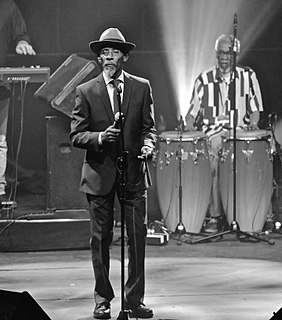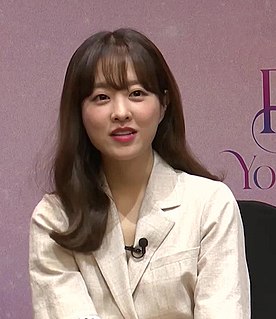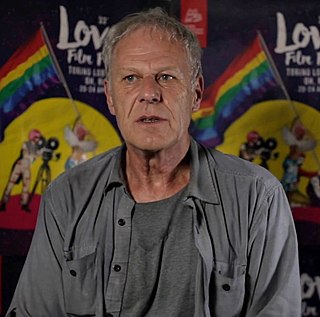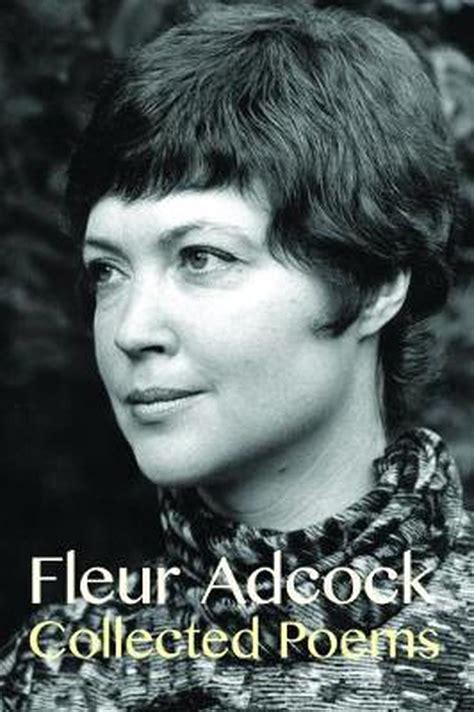A Quote by Mary Oliver
I learn a lot about my poems when I read them by the way people respond to them.
Related Quotes
I don't read reviews, and it's not because I don't think I can learn something, I'm sure I could learn a lot. I just that I feel very passionately about the work and especially when you're doing theater, you really only need one director and when you read reviews, you feel like you have twelve, because you respond to them, naturally.
Look at the way celebrities and politicians are using Facebook already. When Ashton Kutcher posts a video, he gets hundreds of pieces of feedback. Maybe he doesn't have time to read them all or respond to them all, but he's getting good feedback and getting a good sense of how people are thinking about that and maybe can respond to some of it.
Read poems to yourself in the middle of the night. Turn on a single lamp and read them while you're alone in an otherwise dark room or while someone else sleeps next to you. Read them when you're wide awake in the early morning, fully alert. Say them over to yourself in a place where silence reigns and the din of the culture — the constant buzzing noise that surrounds us — has momentarily stopped. These poems have come from a great distance to find you.
You have to listen to your own voice. Not your heart, not your instincts, not any of that self-permissive psycho-babble stuff. No, none of that. If it was just about instincts and bright ideas it wouldn't need to be a voice. It's about words. You hear them, read them, then you write. But mostly read. Read the bloody poems.
As for the differences between audio and the printed page, the sonic aspects of poetry are important to me. I read my poems aloud to myself as I'm composing them. And I enjoy reading to an audience. I think people get tone more easily when they hear a writer read her work. Some people have told me they hear more humor in my poems at a live reading than when they see them on the page. I think that may be a matter of pacing. On the other hand, I've listened to a lot of poetry readings and I know how much you can miss. If you stop to really register one line, you miss the next three or so.







































